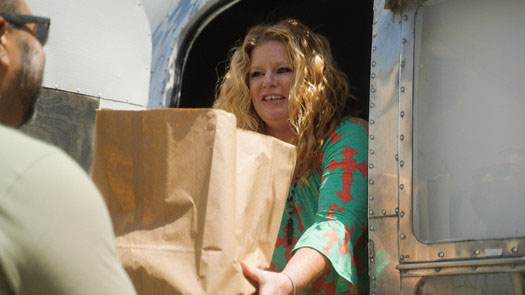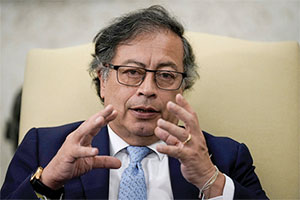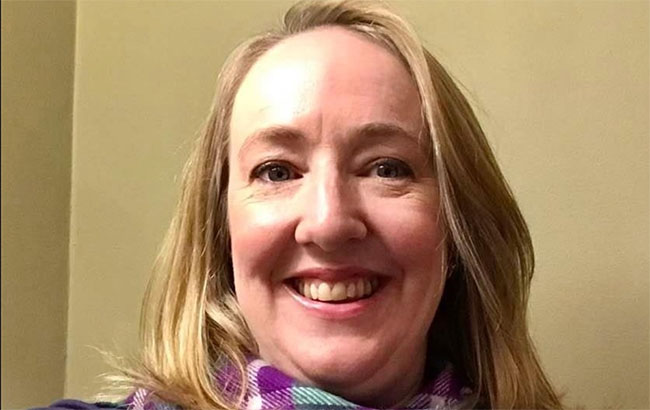by Zurellys Villegas
September 15 is a date of great importance for Central Americans, and the 16th for Mexicans, who celebrated the 203rd and 209th anniversaries of their independence from Spain. This historic event, which took place over almost a decade, marked the beginning of a new era for Guatemala, Honduras, El Salvador, Costa Rica and Nicaragua, and Mexico.
The Central American independence process began with several failed attempts, such as the conspiracy of the Salvadoran priests José Matías Delgado and Nicolás Aguilar in 1811. However, it was in 1821 when independence was achieved, thanks to the signing of the Act of Independence of Central America. This document, signed by representatives of the provinces of Guatemala, Honduras, El Salvador, Nicaragua and Costa Rica, put an end to Spanish rule in the region.
Mexico celebrates another year of its independence with the traditional Grito de Dolores, which marked the beginning of the war of independence from the Spanish colony 214 years ago.
The Grito de Dolores occurred in Dolores, Mexico, on September 16, 1810, when the Roman Catholic priest Miguel Hidalgo y Costilla rang the bell of his church and gave the call to arms that triggered the Mexican War of Independence.
With patriotic fervor, Central Americans celebrate their Independence
Every year, Central Americans celebrate their independence with patriotic fervor. Parades, concerts, fairs and cultural activities fill the streets of the main cities. National colors, traditional music and typical cuisine are the protagonists of these festivities. Guatemala, El Salvador, Honduras, Costa Rica and Nicaragua join together to celebrate the date with public concerts, beauty contests and parades with floats, military displays and dancers in traditional dress, among other traditions and customs.
The independence of Central America was only the first step in a long road towards the consolidation of sovereign nations. Throughout their history, Central American countries have faced numerous challenges, such as internal conflicts, foreign interventions and social inequalities. However, the spirit of independence remains alive in the hearts of Central Americans, who continue to fight to build more just and equitable societies.
For these people, commemorating the independence of Central America and Mexico is essential to strengthen national identity and transmit to new generations the values of freedom, democracy and solidarity. By remembering the past, Central Americans and Mexicans are inspired to build a better future for their countries.
The Consulate General of Mexico in San Francisco held the official commemorative ceremony for the 214th Anniversary of Mexico’s Independence on September 15 at the Civic Center Plaza in the city of San Francisco, where Mexican Consul Ana Luisa Vallejo Barba, accompanied by San Francisco Mayor London Breed, celebrated the culture and history of Mexico in style.
Vallejo Barba gave the traditional “Grito de Independencia” with the mayor of San Francisco as guest of honor. The “Grito” ceremony took place on Sunday, September 15 at 8 p.m. sharp, however, there was a street party that started at 4 p.m. in the Civic Center plaza.
Hispanic Heritage Month is an opportunity to reflect on your past, celebrate your roots and build a more inclusive and equitable future for all.












